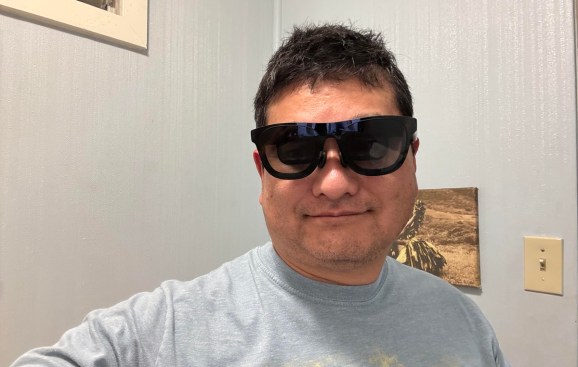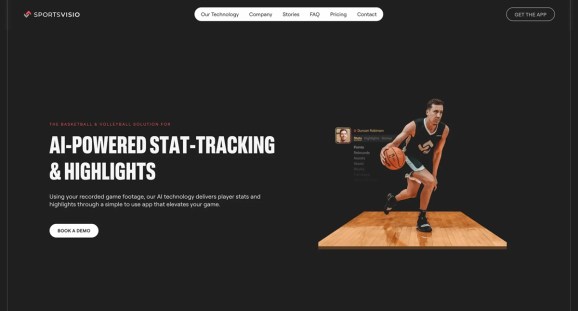

Remidio Innovative Solutions has received regulatory approval from the State FDA, Karnataka (CDSCO) for its AI-based tools Medios HI Glaucoma AI and Medios HI AMD AI for use across India. The CDSCO is the designated authority overseeing medical device regulation in the country.
The company stated that this development marks an expansion in the application of artificial intelligence for early detection of glaucoma and age-related macular degeneration (AMD) in various healthcare settings.
The approval follows the deployment of Medios DR HI, an AI solution for diabetic retinopathy, also cleared by CDSCO. According to the company, the diabetic retinopathy AI has screened nearly 2,50,000 patients in the past year. The glaucoma and AMD tools are designed to work offline, enabling use in areas with limited internet access.
Medios HI Glaucoma AI analyses the optic nerve head and retinal nerve fibre layer (RNFL) structures. It generates heat map–based reports to identify signs of referable glaucoma. Remidio noted that India has approximately 12 million glaucoma patients—accounting for one in eight cases globally—and over 90% remain undiagnosed. The company believes early detection using portable, AI-enabled tools can help address this gap.
The Medios HI AMD AI is designed to detect early-stage AMD, a condition that affects an estimated 6.7 million Indians aged over 60. The AI highlights lesions through heat maps, supporting timely referrals and preventive care.
Remidio said both tools have been clinically validated across tertiary hospitals, eye institutes, and vision centres. They are integrated with Remidio’s FOP NM 10 device, which delivers results for diabetic retinopathy, glaucoma, and AMD screening in a single tap.
Dr R. Kim, Chief Medical Officer and Senior Medical Consultant at Aravind Eye Hospital, Madurai, said, “The Remidio fundus camera isn’t just an imaging device; it’s a portable gateway to early detection and prevention of vision-threatening conditions, bringing quality eye care closer to those who need it most.”
Dr Anand Sivaraman, CEO and Founding Director, Remidio, said, “The CDSCO’s approval of our Medios HI Glaucoma AI and Medios HI AMD AI builds upon the foundation laid by our Medios HI DR AI, which was the first ophthalmic AI software to receive such approval in India. This achievement has enabled us to screen patients, particularly in underserved regions, bringing early detection and intervention to those who need it most. The success of Medios DR AI has demonstrated the transformative potential of AI in ophthalmology, and with these new approvals, we’re poised to further enhance eye care accessibility and precision across the country.”
Dr Divya Rao, Chief Medical Officer, Remidio, said, “These CDSCO approvals are a testament to the clinical rigour and precision that underpins our AI solutions. Both the glaucoma and AMD algorithms have been evaluated through robust prospective studies and have demonstrated strong concordance with specialist diagnosis. What excites us is their ability to bring specialist-grade diagnostics to the primary care level, empowering early intervention, particularly in settings where access to ophthalmologists is limited.”
Sundeep Agarwal, Senior Vice President – Regulatory Affairs & Quality Assurance, Remidio, said, “Securing CDSCO approvals for our Medios HI Glaucoma AI and AMD AI reflects Remidio’s deep commitment to regulatory rigour and patient safety. Navigating the complexities of AI regulation in India requires not just innovation, but robust documentation, compliance, and quality assurance at every stage. These approvals reaffirm our ability to deliver cutting-edge, regulatory-compliant solutions that meet the highest national standards, ensuring safe and scalable adoption in diverse healthcare settings.”
Remidio’s AI models are embedded into portable fundus imaging devices. The offline functionality of these tools enables deployment in clinical environments that do not have consistent internet access, supporting outreach in rural and underserved regions.
The company stated that it will continue to work on expanding AI-driven diagnostic solutions for ophthalmology to support wider access and reduce the burden of vision impairment in India.






